You’ve Heard of Comfort Women. But Did You Know About the “Comfort Gays”?
How elderly Filipino Queens survived war, hate, and homelessness-and are still serving looks.
June 17, 2025
Written by Hanna Ysabel Noche
In a country where the LGBTQ+ community thrives and yet their basic rights are still restricted, the Home for the Golden Gays (HGG) remains alive in the Philippines.
In the heart of Pasay City, a group of elderly gay men in wigs, gowns, and stilettos are redefining what it means to age with pride. They're not just fabulous. They're family. Meet the Golden Gays of Manila, a chosen community of lolas (yes, grandmas, but make it gay) who have become the beating heart of queer elderhood in the Philippines.
But theirs isn’t just a story of sequins and pageants. It’s a story of survival.
Founded in 1975 by the late activist and Manila city councilor Panfilo Justo, also known as “Justo Justo” or JJ, the Home for the Golden Gays began as a safe haven for elderly gay men who were abandoned by family and left to survive alone on the streets. A columnist, a former city councilor, and an AIDS activist, JJ opened the doors of his own home, offering not just shelter but kinship, identity, and dignity. These are things the state has long denied queer Filipinos, especially older ones who have also been abandoned by their own families due to their sexual orientation.
This photo taken on June 16, 2018 shows street vendor and Golden Gays member Al Enriquez, 82, also known as "Carmen Dela Rue", introducing himself to the crowd during the Golden Gays of Manila Beauty Pageant at a restaurant in Manila. Noel Celis, AFP
Among the first to find refuge was Walter Dempster Jr., famously known as Walterina Markova. He was a World War II survivor and what history has come to call a “comfort gay.” During the Japanese occupation of the Philippines, Markova was kidnapped, imprisoned, and repeatedly assaulted by Japanese soldiers. A fate shared by many Filipino women who were forced into sexual slavery and referred to as “comfort women.” What most people don’t know is that young gay men were also targeted. These “comfort gays” were erased from textbooks and national memory, their trauma left unspoken for decades. Markova’s survival, and later testimony, made him the first known Filipino to publicly share this part of queer wartime history. His story was later adapted into a 2000 film starring Dolphy, the King of Philippine Comedy, in drag.
That Markova’s tragic past could exist alongside the joy and resilience of the Golden Gays speaks volumes about their power. They honor pain through performance. They transformed survival into something celebratory.
For decades, members of HGG have performed drag shows, street numbers, and beauty pageants across Manila. These are not just shows. They are lifelines. Most of the lolas rely on donations and community support to survive. Many have no access to pensions or regular health care. And in 2012, when JJ passed away, they were evicted from the only home they had known.
Even after being scattered and forced to return to life on the streets, the Golden Gays found each other again. They continued performing in parks, restaurants, and community halls. By 2018, they managed to rent a small apartment in Pasay. It's far from perfect, but it's theirs. And still, the show goes on.
Support comes from community donations, local allies, and artists who know how crucial it is to care for our queer elders. Drag Race Philippines Season 1 winner Precious Paula Nicole even hosted a benefit event for them. Queer lineage matters. Our elders matter. And they deserve more than just survival. They deserve joy, too.
This Pride Month, while the spotlight often goes to the young, the viral, and the loud, remember the lolas who came before. Their existence is an act of resistance. Long live the Golden Gays. Their story is a firm reminder that pride doesn’t fade with age. It evolves into something even more magnificent: a legacy that refuses to be forgotten.
Want to help them keep dancing through their golden years?
Support the Golden Gays of Manila through their official Facebook page: Golden Gays Manila. Donations help with food, rent, and medical care. Every bit help keeps their story alive.


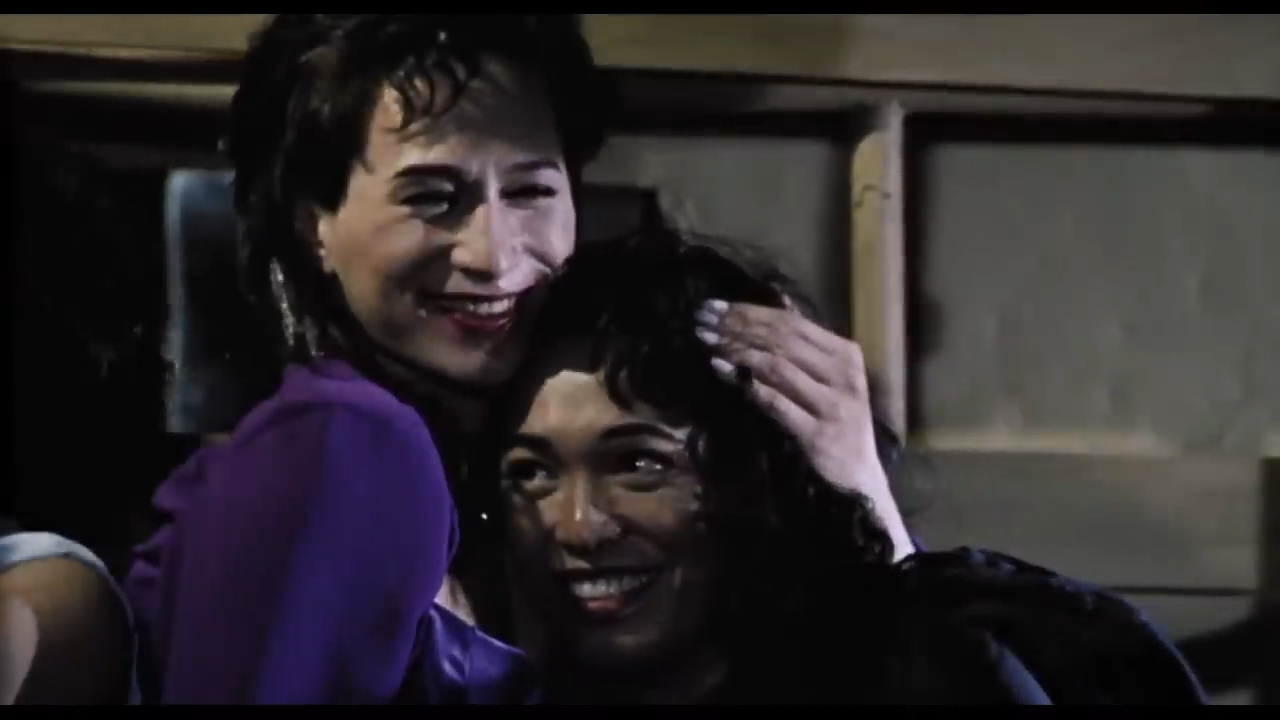

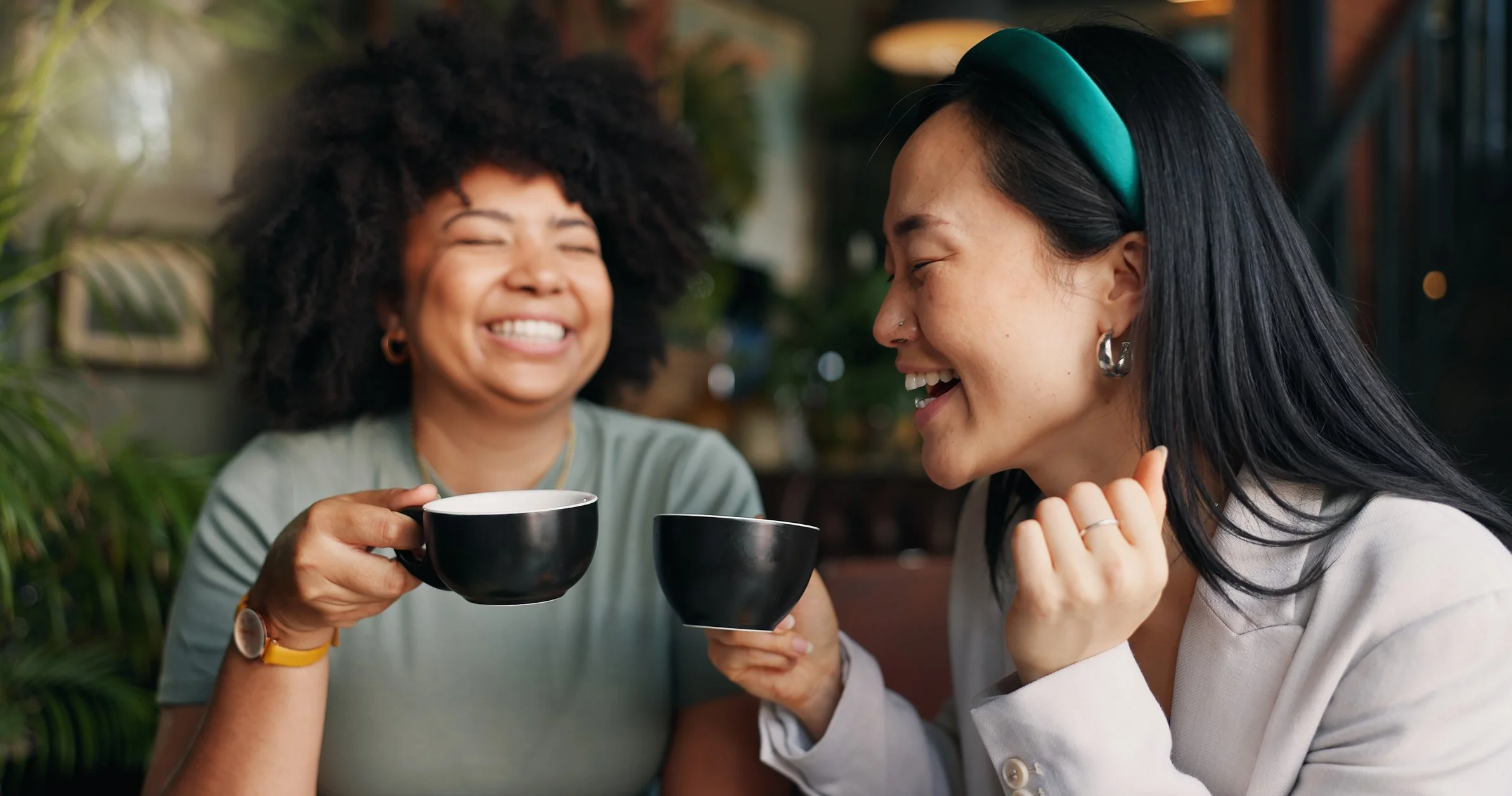
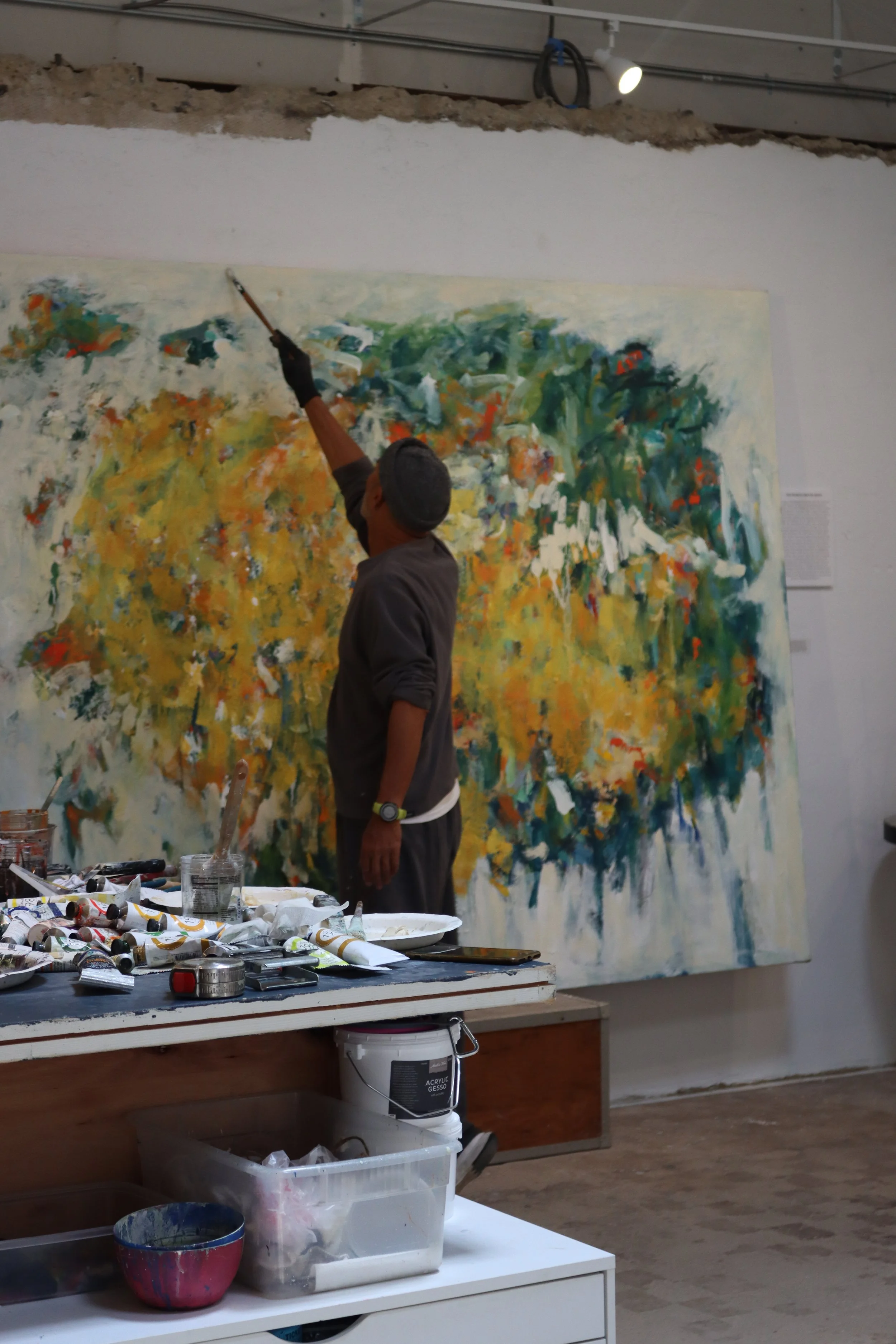
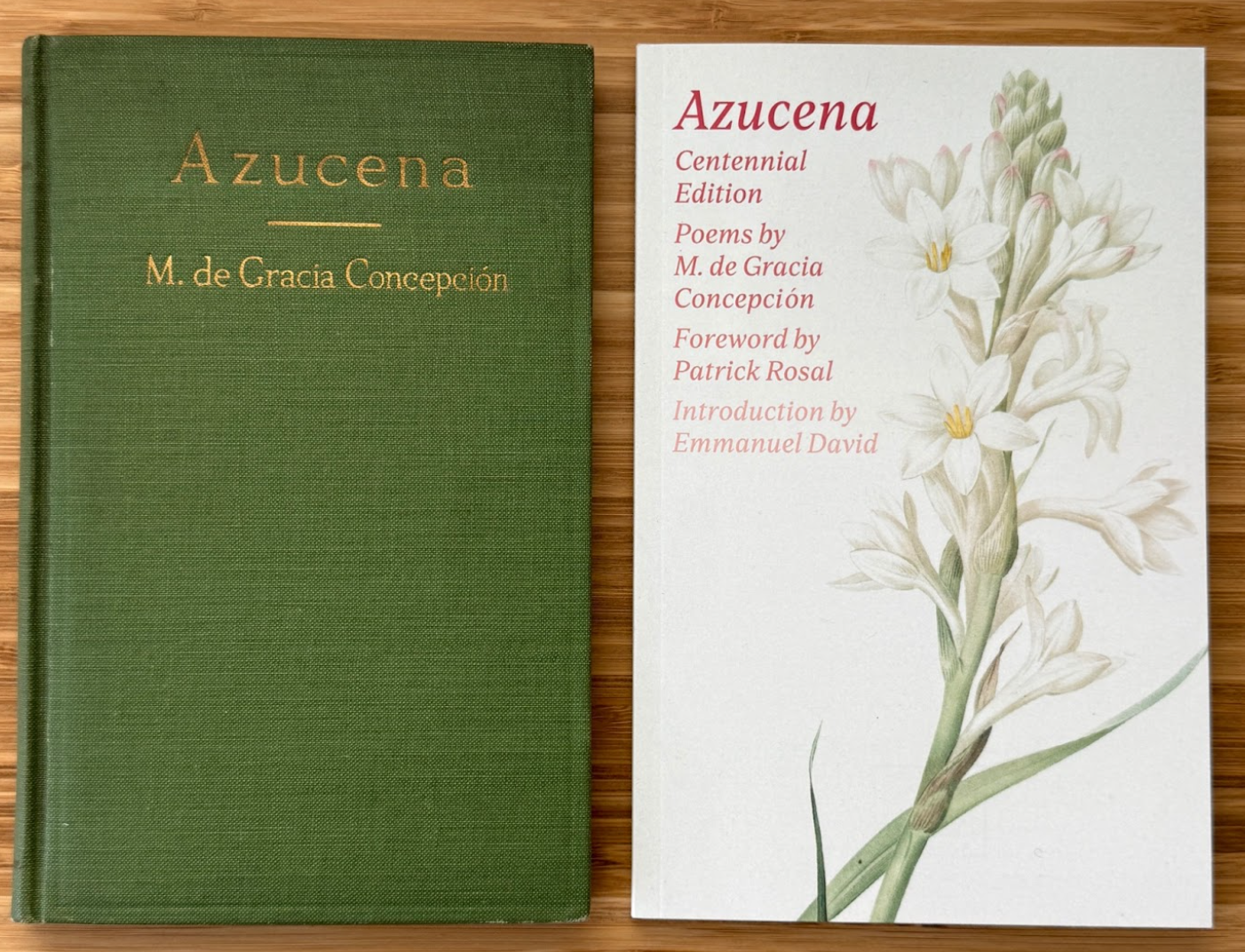
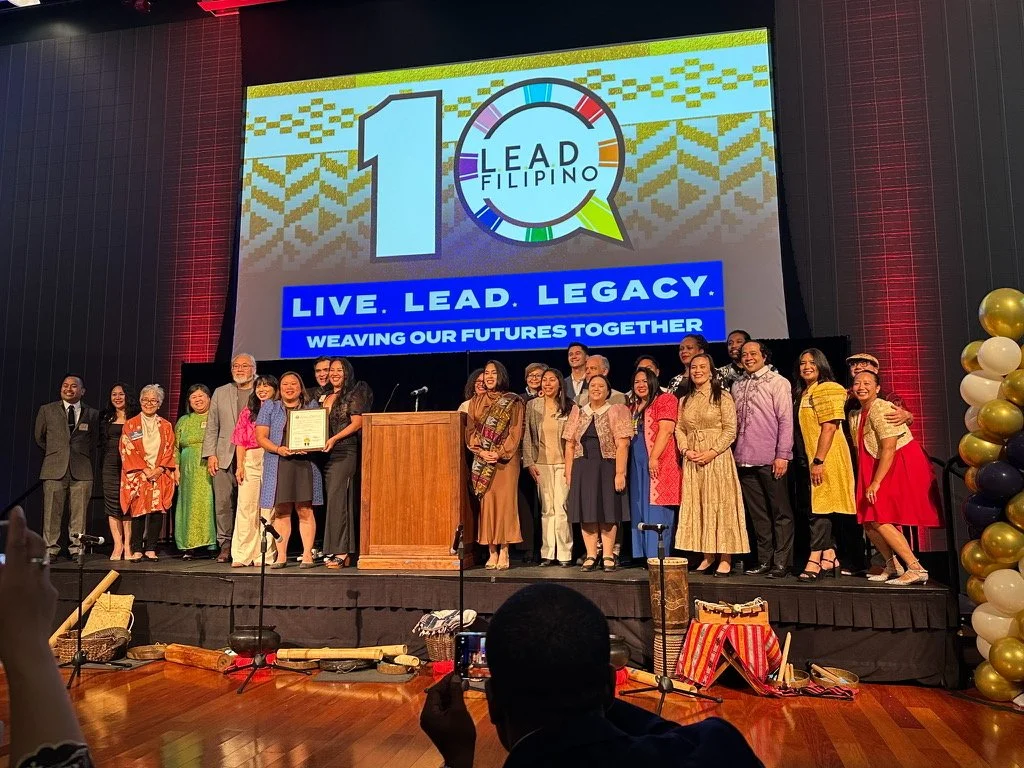

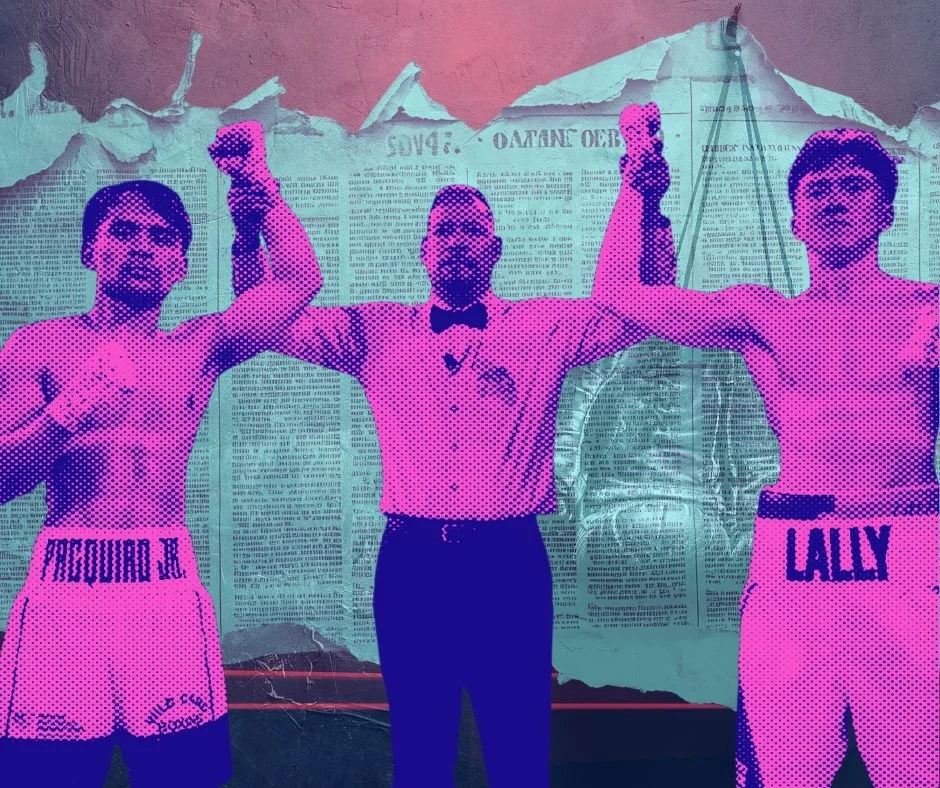


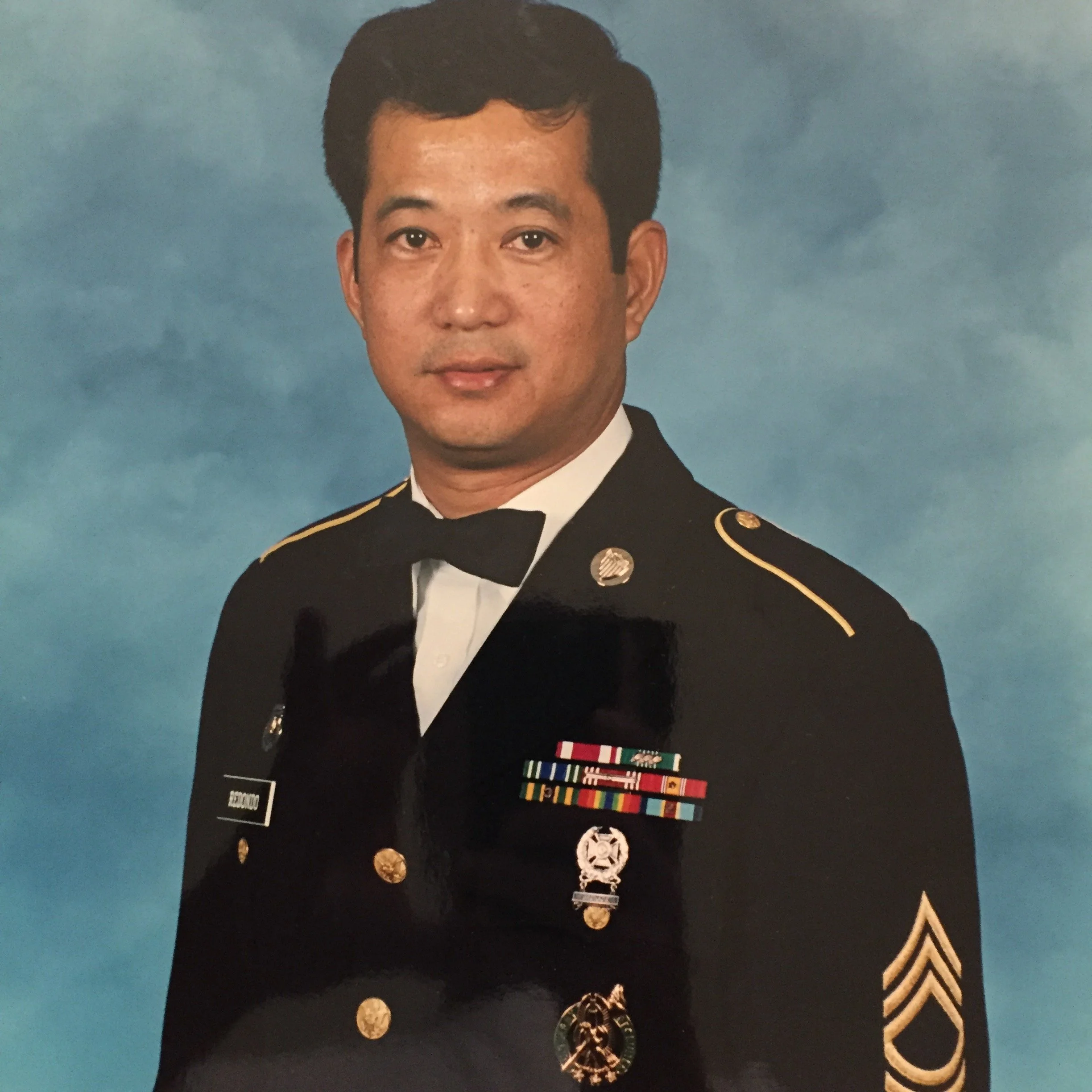









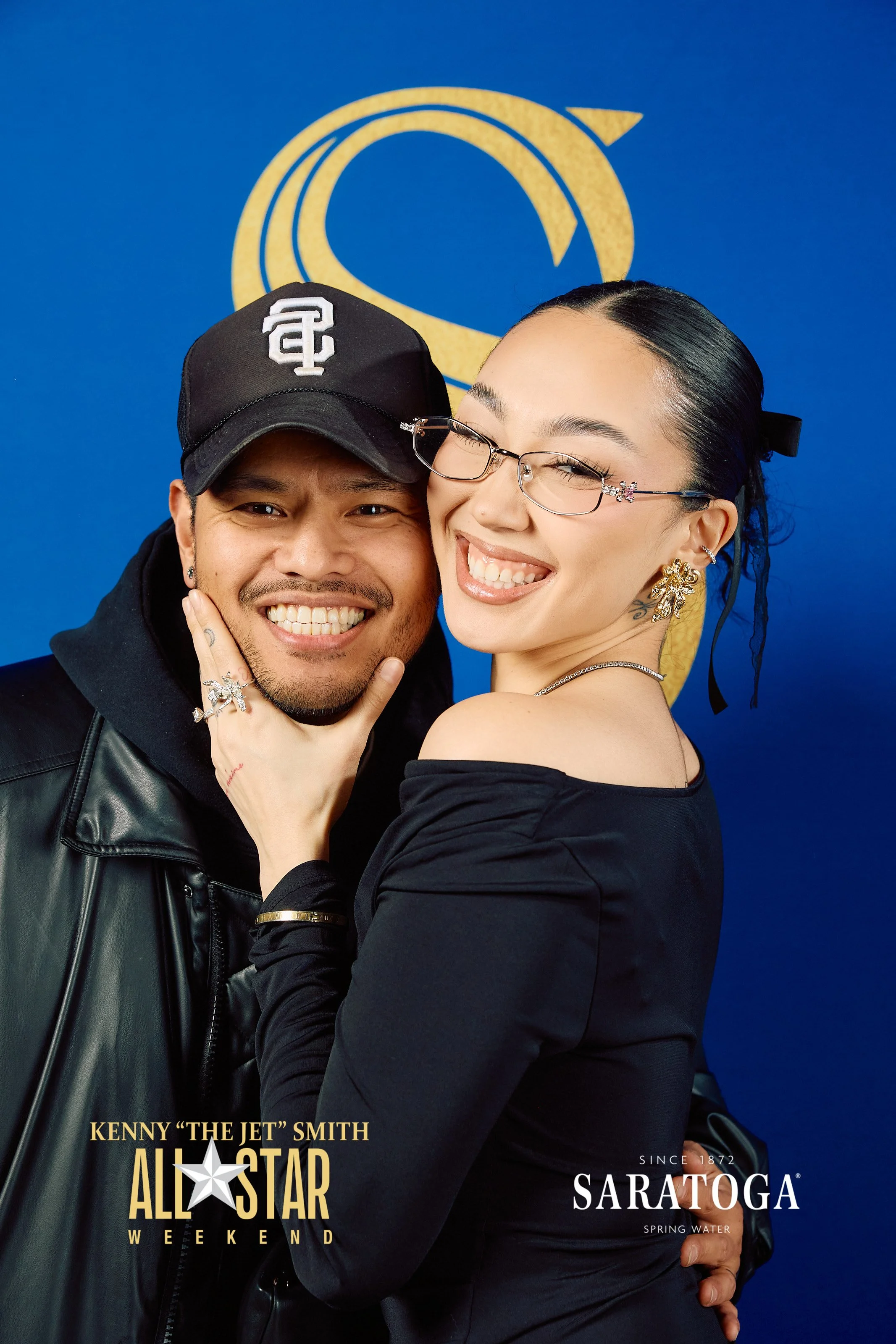



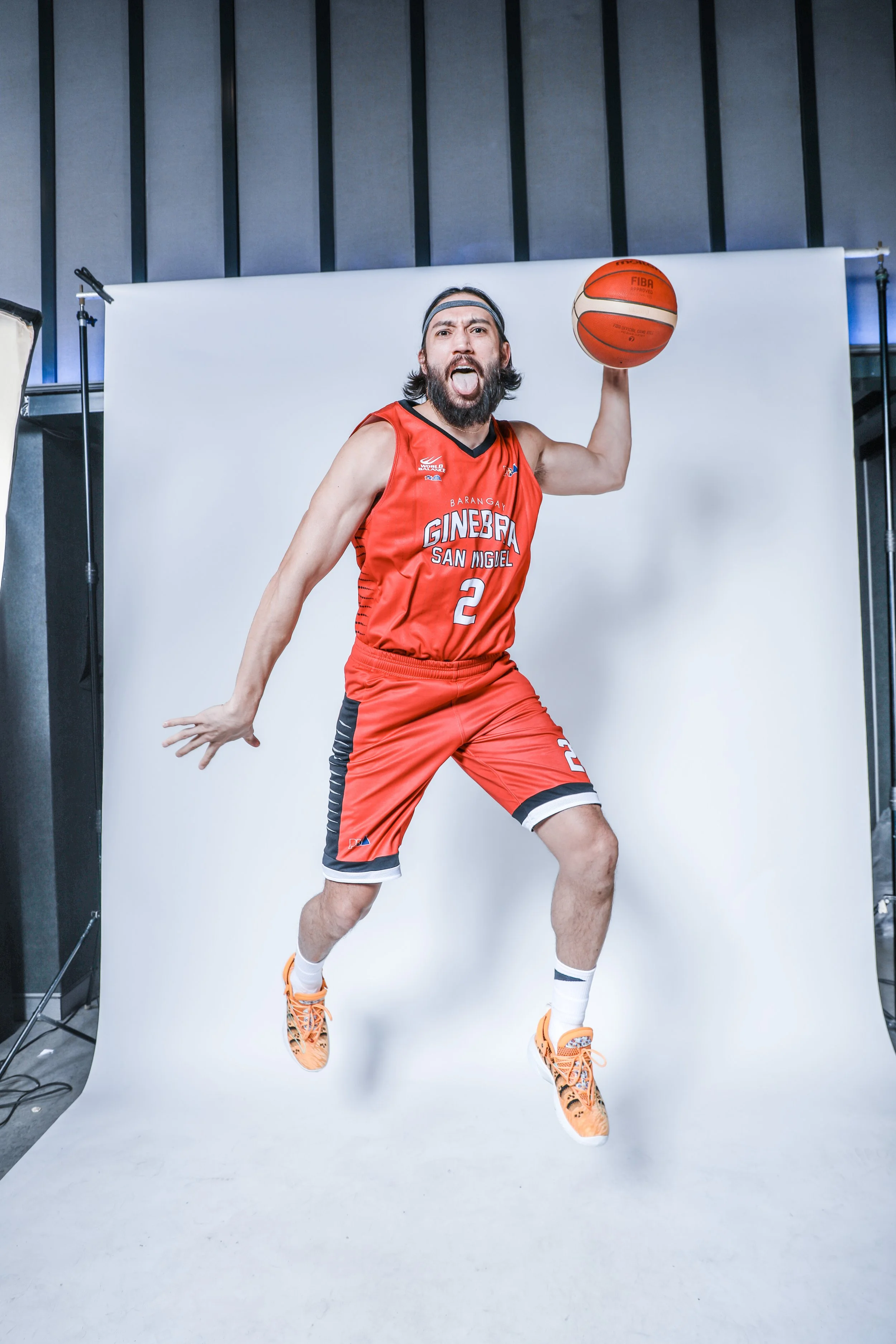



When the Avengers: Doomsday one-year countdown dropped, audiences didn’t just watch. They paused, replayed, shared, and even speculated about hidden messages. A week later, the clip surpassed 14 million views, becoming a viral moment picked up across major media outlets that fueled anticipation for the next chapter of the Marvel Universe.
The countdown video was the result of a collaborative effort led by AGBO and its studio partners. Supporting the marketing team as a contracted editor was Joshua Ortiz (@joshuajortiz), a Filipino American filmmaker whose career has steadily built toward opportunities to contribute to projects of this scale, alongside earlier success with the short films he has written and directed.